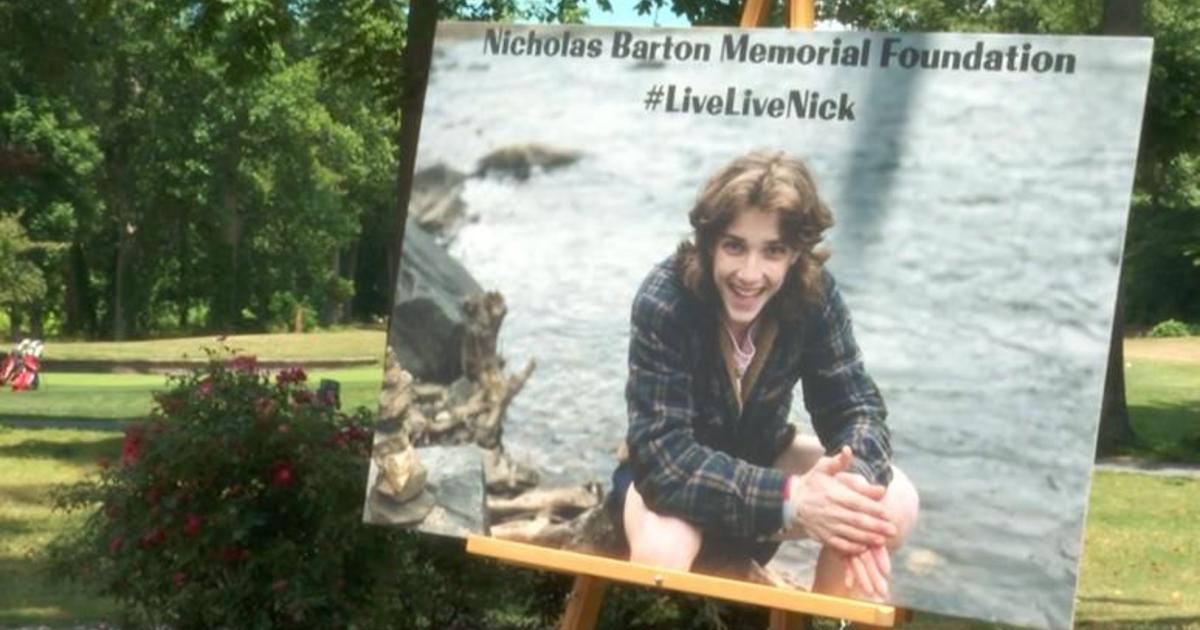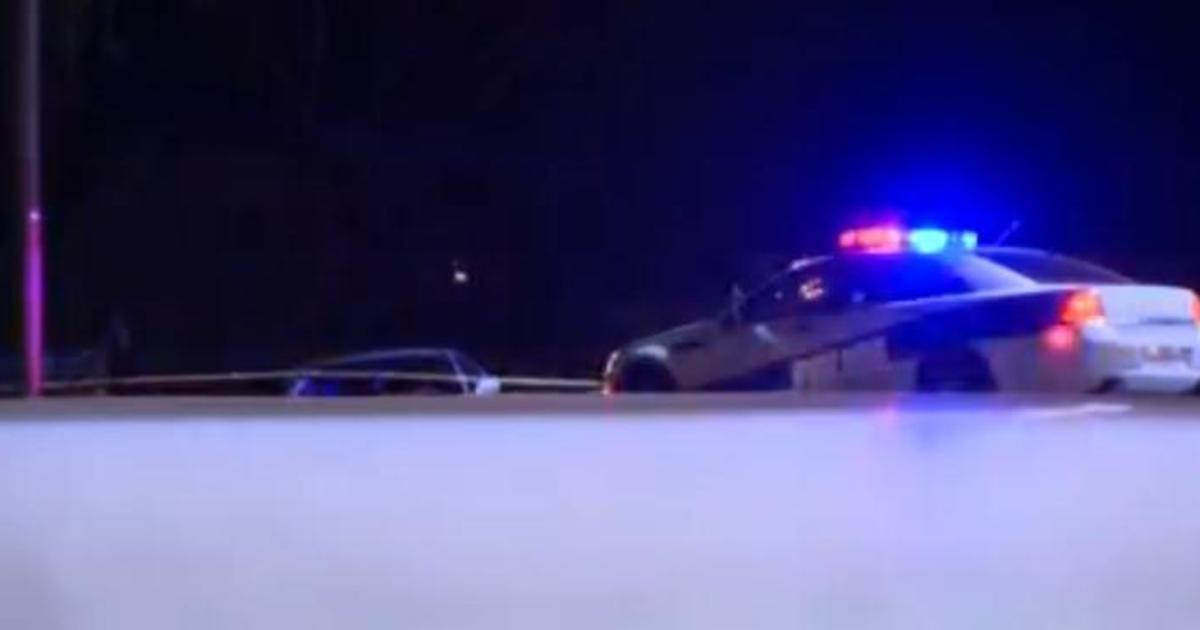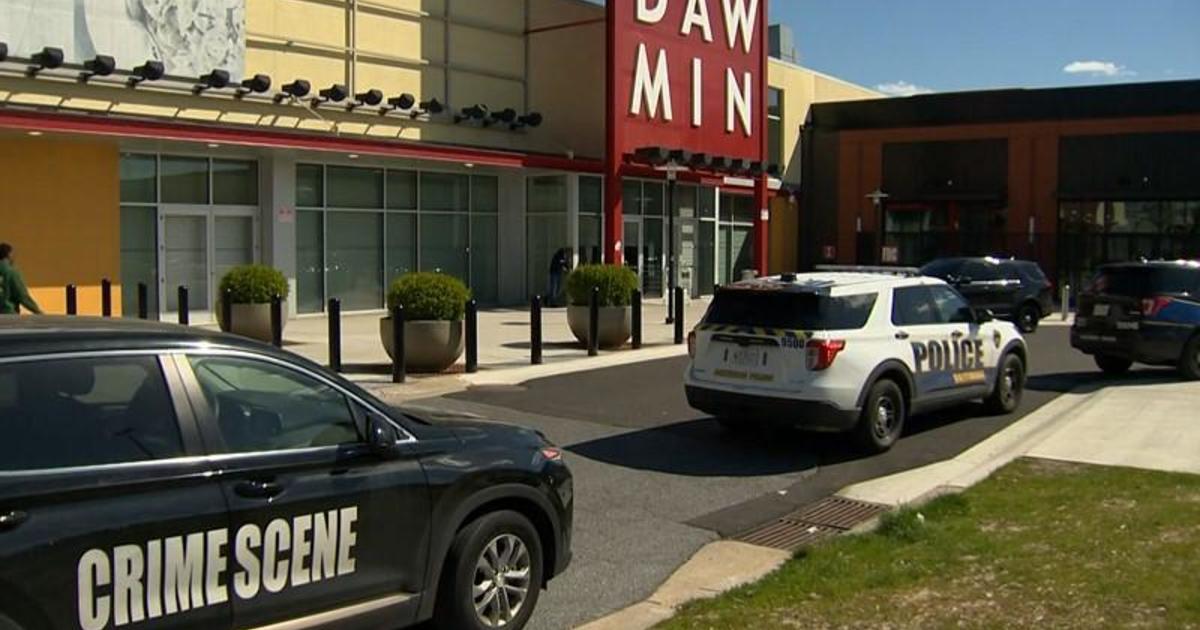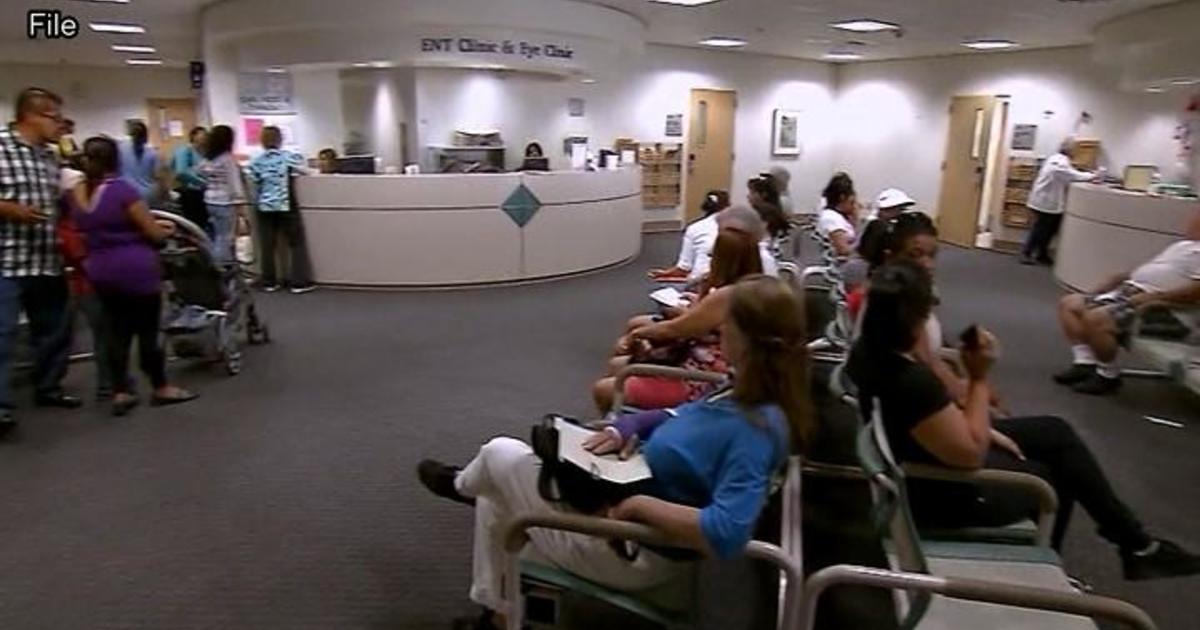Historians Describe How Diversity Acceptance Has Changed Landscape Of Baltimore
BALTIMORE (WJZ) -- Historians have found a rich LGBTQ history in Maryland, from rural counties to the city of Baltimore.
Preservation Maryland conducted a broad context study on LGBTQ history in 2020, which makes Maryland the second state in the country to do so.
The document and database is a historic collection of nearly 400 sites connected to the LGBTQ community from where people of note lived, gathered and advocated for their civil rights.
"Everyone deserves to see themselves reflected in Maryland's story," Historian Nicholas Redding said.
This includes the annual Baltimore Pride celebration. One of Maryland's largest visibility events started in 1975 with a small group of activists gathered for a peaceful demonstration at the Washington Monument in Mount Vernon.
"As we celebrate pride month, it's important to look back and think about the earliest pride celebration," Redding said. "One of them took place right at the Washington Monument in Baltimore."
The neighborhood was also once a central hub in the city for LGBTQ clubs and bars when the community had nowhere else to turn.
"We're seeing this transition of some of these mainstays that had to exist when there was no other place to turn to; we're beginning to lose some of those," said Redding. "Places like Leon's sort of stand out as survivors from that time period but you look at something like the Hippo in Baltimore, which was an iconic LGBTQ bar and that has been lost and is now a CVS."
Long before those bars or clubs existed, West Baltimore's jazz scene also laid roots for drag ball dating back to the 1930s, according to librarian Benjamin Egerman.
"Around Penn and North, that's where all of that was centered. That was also where all the jazz clubs were and that's often where these people would hang out," Egerman said. "When you look through old issues of the Afro, they actually have pictures. You can see what sort of drag looked like in the 1930s."
Egerman said Baltimore was unique in that police did not shut down drag shows unlike they did in Washington, D.C. But the city faces other serious struggles both then and now with racism, he said.
"There's always been issues around who is seen as accepted or normal within our communities and that is something that continues through today, so I think it's really important to note that this is a part of our city's history," Egerman said. "Not just the struggle for LGBTQ rights but also the struggle against racism inside and outside the community."
While decades of bricklaying brought us to today, Egerman said the LGBTQ community has always and will always be a part of Baltimore.
"This month is a really good opportunity to sort of make the point that we're not just here now, we've always been here," he said.



